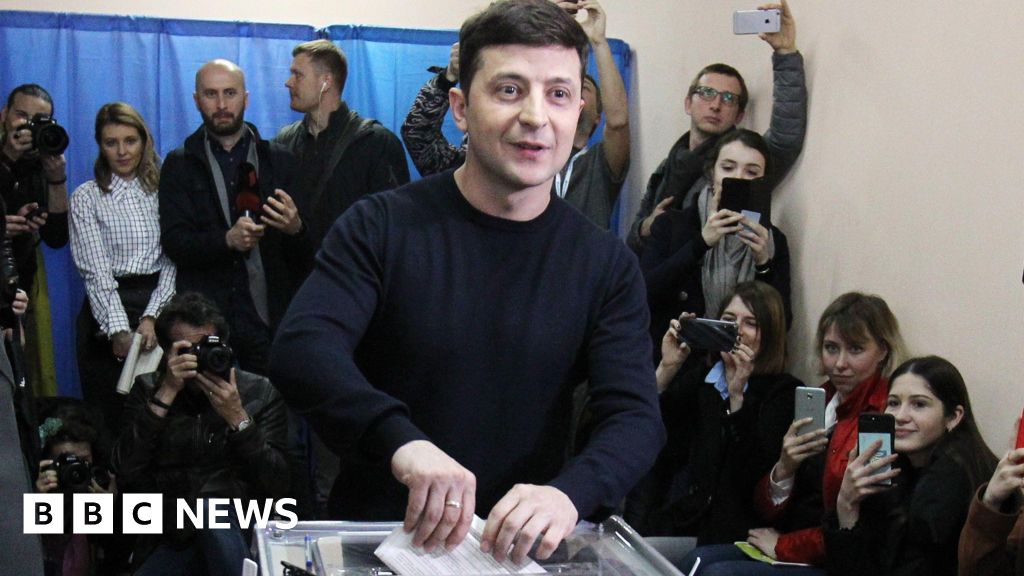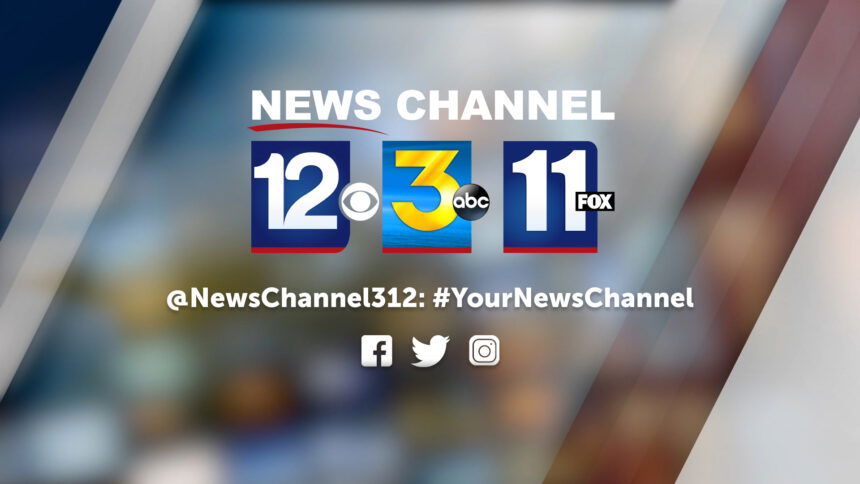(This story was written by a student journalist in collaboration with the University of North Florida.)
If you’re not sure how to support your Muslim friends during Ramadan, you are not alone. Many non-Muslims don’t know what to ask, and don’t want to come off as disrespectful.
The Islamic calendar has 12 months and Ramadan is the ninth month, which is considered a holy month. Muslims believe that The Quran was revealed by the angel Gabriel to Muhammad on Laylat al-Qadr, or the Night of Power.
During the weeks representing this time, Muslims are instructed to fast from sunrise to sunset, but there’s a lot more that takes place during this important month in Islam.
Here’s a guide to all things Ramadan — which ends this weekend — and how you can approach your friends who practice it.
How do Muslims practice Ramadan? What is Ramadan?
There are Five Pillars of Islam: profession of faith, prayer, alms, fasting, and pilgrimage. Ramadan involves the fourth pillar, fasting. Fasting is performed only from sunrise to sunset during Ramadan and lasts 29 to 30 days. It follows the lunar calendar, and some fasts can last 10-16 hours.
In Islam, there are five daily prayers: Fajr, Dhuhr, Asr, Maghrib, and Isha. During Ramadan, there is an extra prayer called Taraweeh, which is a special prayer during which many mosques recite pieces of the Quran.
Some mosques will read one 30th of the Quran each night of Ramadan and finish reading on the 27th night of Ramadan, which is Laylat-al-Qadr. This night is extremely important for all Muslims. Many mosques have a special prayer to finish the recitation of the Quran. There is another prayer called the Tahajjud or night that can be prayed at any time of the year.
When is Eid al-Fitr 2025? Muslims still awaiting word from Saudi Arabia for end of Ramadan
Is Taraweeh only done in Ramadan? What is Tahajjud?
Taraweeh prayer is encouraged. Muslims believe that it multiplies your good deeds and forgives sins. This prayer is only performed during Ramadan. Taraweeh is a prayer that Muslims believe strengthens their faith and brings them closer to Allah. It is important to perform this prayer with sincerity and devotion.
Islamic prayers include Rakats, which are specialized sequences of movement. Each prayer has a specific number of Rakats; the most common practice is performing eight to 20 for Taraweeh, but Muslims perform as many or as few as they like.
Tahajjud is a prayer performed at night and is usually completed after the last obligatory prayer of the day. It is best performed in the last third of the night but can be prayed during any time of the night.
What is Eid al-Fitr? What is the purpose of Eid prayer?
Eid al-Fitr, which is this weekend, celebrates the end of Ramadan. Eid al-Fitr means “the Festival of Breaking the Fast.” It falls on the first of Shawwal (the next month after Ramadan), and Muslims celebrate by wearing new clothes, exchanging gifts, feasting and spending time with friends and family.
The morning of Eid al-Fitr is when many Muslims get ready for the Eid prayer. This is a special prayer that takes place only on Eid. It typically takes place in very large halls, open fields and mosques. Some mosques collaborate to say the Eid prayer as one large congregation.
What are the rules of breaking fast during Ramadan?
There are a few things that can break a fast during Ramadan:
-
Administering nutritional injections (IV) from sunrise to sunset
-
Any kind of sexual activity from sunrise to sunset
-
Smoking from sunrise to sunset
-
Intentional vomiting from sunrise to sunset
If a Muslim breaks their fast unintentionally, they are required to make up those days at a later date. However, if they intentionally break a fast (Kaffarah), they must fast for 60 consecutive days after Ramadan.
Who is exempt from Ramadan fasting?
People who menstruate or have post-natal bleeding are not allowed to fast or pray, so they make up missed days at a later date. Children who have reached puberty must fast, but young children are exempt.
What are the meals of Ramadan?
At sunset during Ramadan, Muslims break their fast with a meal called iftar. It varies between households, but it can range from Middle Eastern cuisine, like different types of curries (goat or chicken), to American dishes like steaks or barbeque. Staying hydrated (when not fasting) and getting plenty of rest during the busy month is important.
The pre-dawn meal (Suhoor) consists of common breakfast foods: High-protein foods, like eggs, chicken and fruits, like honeydew melon and dates. One tradition is to break your fast with a date, a festive fruit eaten during Ramadan.
Common Ramadan misconceptions
One of the most common misconceptions is that Ramadan means strictly abstaining from food and water. It is a time for self-reflection, spiritual growth, and empathy for others in need.
Everyone’s spiritual journey is different, and another common misconception is that you have to completely change your habits to become closer to God. Muslims don’t have to change everything to grow closer to Allah.
Another misconception is that Ramadan is easy and enjoyable for all Muslims. Every person will have a different experience; for some, this is a very challenging time. Fasting is uncomfortable and causes fatigue. Not all Muslims will be happy and looking forward to Ramadan.
Is it okay to say “Happy Ramadan” as a non-Muslim?
Yes, it is okay to say “Happy Ramadan” or “Ramadan Mubarak” (Moo-bar-ack) as a non-Muslim. This shows Muslims that you care and support them during their holy month.
What can you do to support your Muslim friends and co-workers during Ramadan?
-
Don’t ask the question, “Not even water?” It has an obvious answer: No eating or drinking at all, from sunrise to sunset.
-
Understand that your Muslim friends are tired and hungry during the daytime. Due to a busier schedule with the addition of prayer and charity work, they run off of very little sleep. They don’t want to ignore you; they are just tired.
-
To those Muslims in school, teachers and professors can help by understanding time constraints and offering assignment extensions.
-
Companies and schools should understand that Ramadan runs on a lunar calendar, meaning the dates change yearly.
Contributing: Lianna Norman, USA TODAY Network – Florida
This article originally appeared on Florida Times-Union: Ramadan ends this weekend with Eid al-Fitr: Here’s when, What to know















